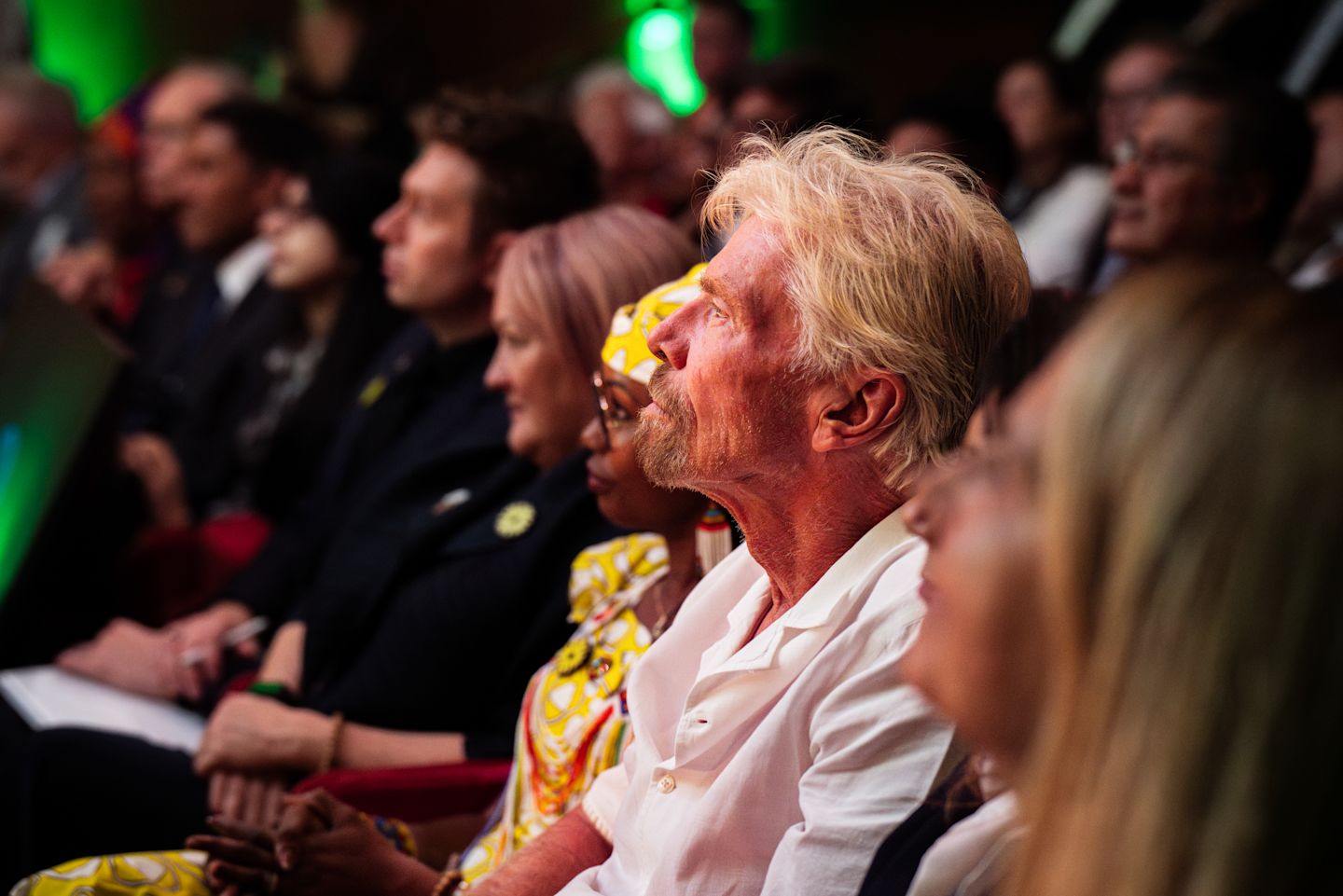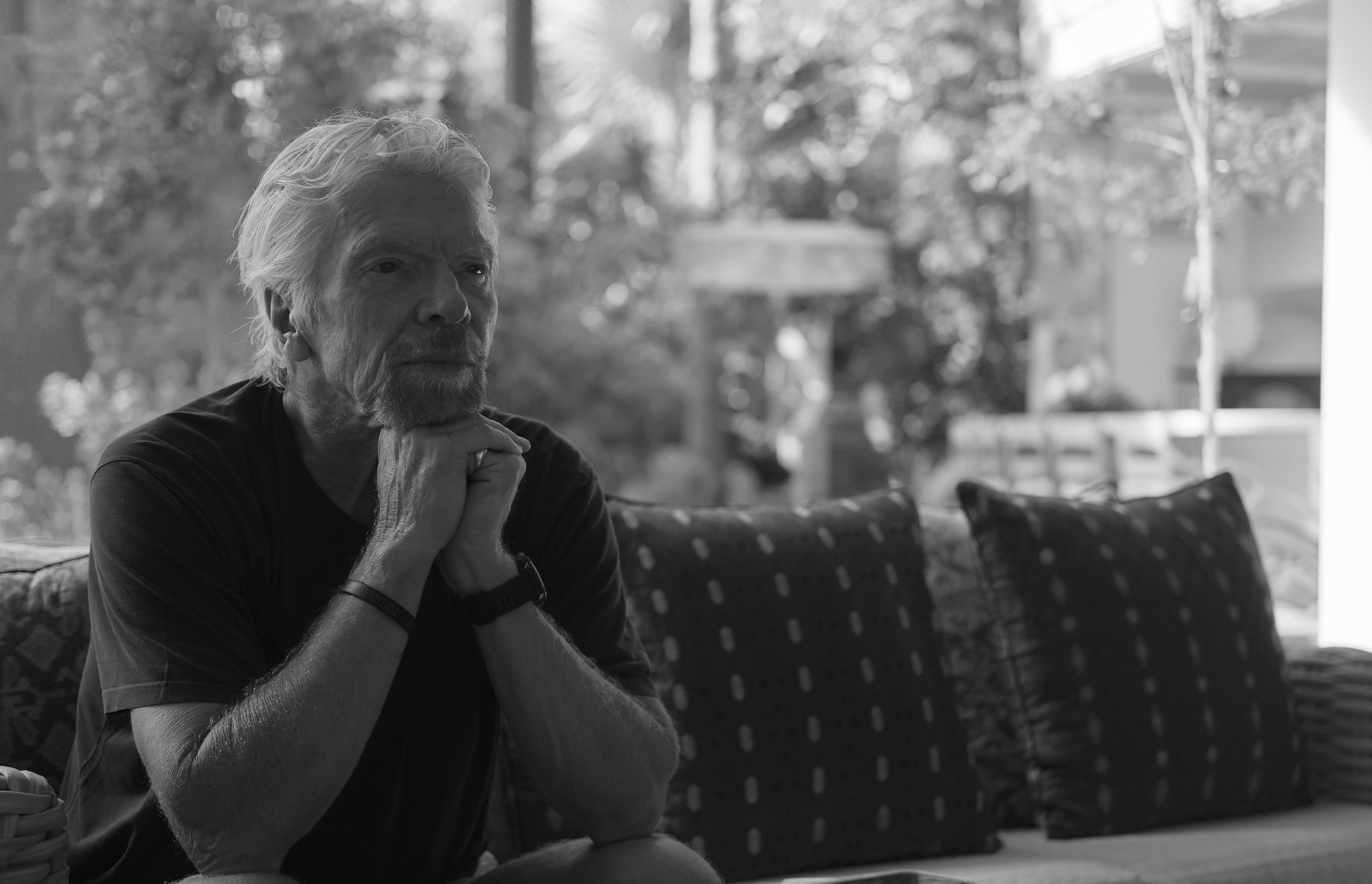The Planetary Health Check
Which legacy will you leave? This was the fundamental question asked by Johan Rockström and the Planetary Guardians at the launch of the first-ever annual Planetary Health Check.
One year on from our launch of the Planetary Guardians during Climate Week, the group sounded the alarm that six out of nine planetary boundaries – the vital organs that keep our planet stable – have been breached. What's more, a seventh is on the verge of being crossed.
But hope remains. Through collaboration with Johan and the scientists who developed the Planetary Boundaries, this collective of leaders has embarked on a mission to elevate the science, calling to make the boundaries an essential measurement framework to inform collective global action. As I said onstage: If you can't measure it, you can't fix it.
Planetary Guardians ranging from Chair Hindou Oumarou Ibrahim to Elders Chair Mary Robinson, President Santos to architect of the Paris Agreement Christiana Figueres, shared their visions for the planet. Christiana joked that as far as she is concerned, Johan’s last name isn’t Rockström, it is Rockstar. Agreed!
The Planetary Boundaries science is pivotal because it gives us the clearest, most comprehensive scientific picture of what’s going wrong and, more importantly, what we need to do to fix it. The Planetary Health Check offers a roadmap for change – a tool that will evolve, providing us with annual updates on the planet’s vital systems and guiding us back to a "safe operating zone" for humanity. It will not only track how we’re doing, but also tell us where we need to work harder. And let’s be clear—this is not a battle we can afford to lose.
We have a narrow window – just five years – to change course. We know the drivers of these breaches and the solutions. The interconnectedness of these systems means a "whole Earth" approach is essential - protecting one boundary helps protect them all.
The Planetary Guardians have made five critical calls to action: adopting the Planetary Boundaries Framework globally, investing in planetary science, reforming financial systems, setting science-based environmental targets, and protecting Indigenous Peoples rights and the natural world through respect and legal reforms.
This marks a turning point – a critical moment for humanity and the planet. We can have a bright future, but only if we act now. We must elevate the science, inspire a movement, and ensure that everyone, everywhere, joins forces as guardians of our shared home.
I was especially moved hearing climate activist Xiye Bastida speak so eloquently about her hopes for the planet, alongside her inspiration (and mine, and many, many others), Jane Goodall. How wonderful seeing the shared passion of brilliant leaders young and young at heart. You can hear more from Xiye and Mary Robinson in this BBC interview for more details, and go to the Planetary Health Check website for a full overview.
In case this all sounds too lofty, I've always believed in the importance of humour to get the message through. It's so crucial in life and in communicating. So, it was great to see when I went to the loo that the Planetary Guardians are raising awareness about microplastics with these eye-catching posters.
It was also wonderful to finish our event at the Morgan Library with a delightful performance by KT Tunstall, that turned into a full on dance onstage.
We’re raising the alarm every way we can, because there’s no time to waste. The future of the planet - and humanity - depends on what we do now. Let’s act while we still have the chance.









